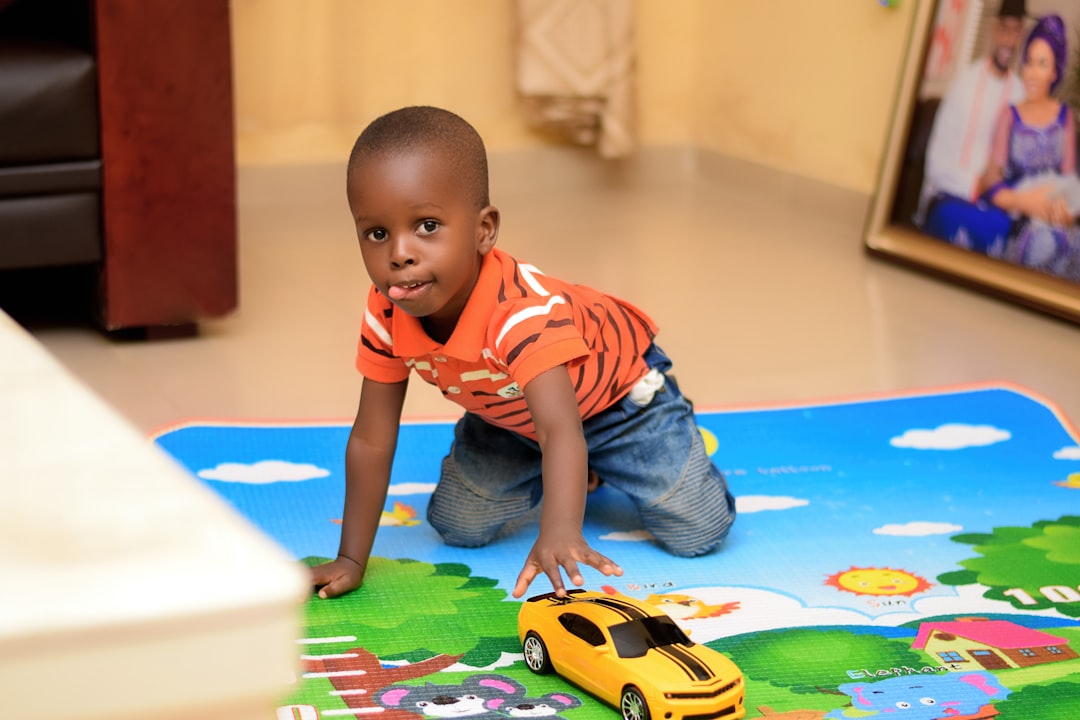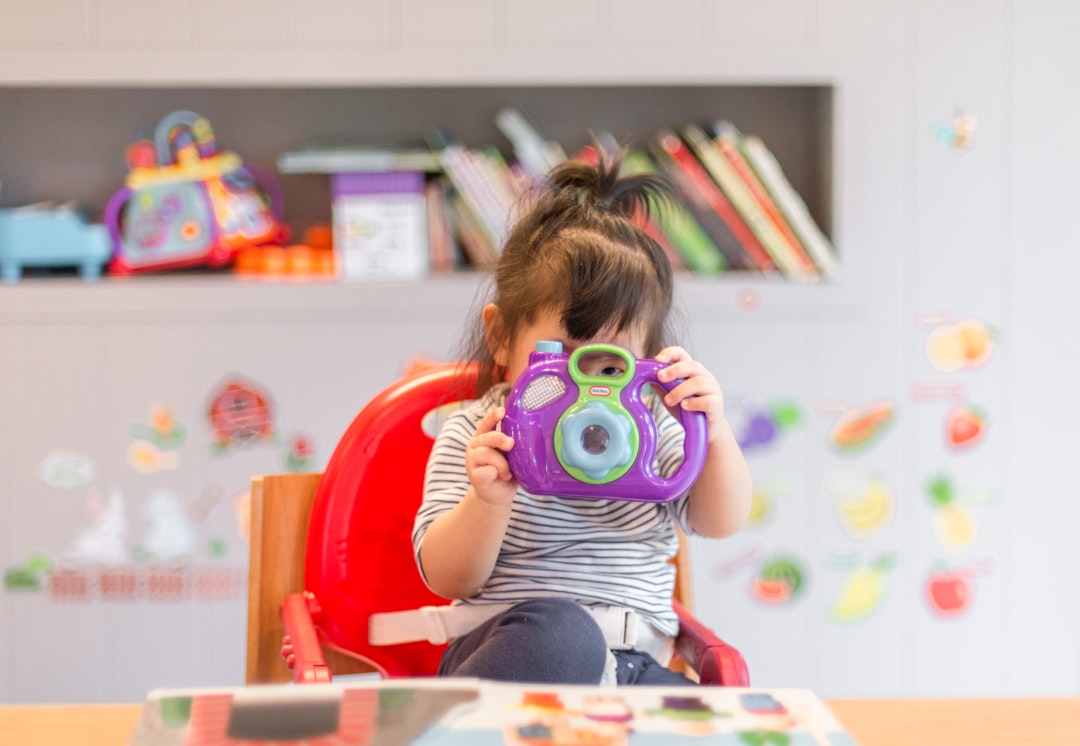Daycare providers and parents form a crucial partnership in Seattle, with open communication, shared responsibilities, and mutual respect at its core. This collaboration ensures parental involvement, trust, and accountability, fostering safe environments for children's well-being. The daycare abuse law in Washington state sets clear protection standards, empowering parents to voice concerns and receive transparent updates from staff. Reputable daycare abuse law firms educate both parties on rights and responsibilities, preventing abuse and strengthening the parent-caregiver bond for optimal child development. These measures are vital for safeguarding children in Seattle's childcare scene.
In Seattle, the collaboration between parents and daycare providers is crucial for creating a safe and nurturing environment for children. This article explores the dynamics of this partnership, highlighting the importance of trust and open communication. We delve into the role of the daycare abuse law in fostering these relationships, as well as provide strategies to strengthen the bond between parents and caregivers. Understanding these aspects is essential to ensuring the protection and well-being of children in Seattle’s daycare settings, with insights from a leading daycare abuse law firm in Washington.
Understanding the Dynamics of Parent-Daycare Provider Collaboration

In the context of childcare, collaboration between parents and daycare providers is a dynamic process that plays a pivotal role in child development. It involves open communication, shared responsibilities, and mutual respect. Parents act as primary caregivers and advocates for their children while daycare providers, often experts in early childhood education, offer professional care and guidance. This partnership becomes especially crucial when navigating potential issues such as daycare abuse or negligence, which is a growing concern in Washington state. Many families turn to reputable daycare abuse law firms in Washington for support and justice when their trusted caregivers fall short of safety standards.
Effective collaboration ensures that parents remain actively involved in their child’s routine, education, and overall well-being while trusting the professionals to create a nurturing environment. It fosters trust, transparency, and accountability, creating a safe haven for children. Daycare providers who embrace this partnership benefit from parental insights into each child’s unique needs, behaviors, and preferences, enabling them to deliver personalized care. This symbiotic relationship is essential in building a strong foundation for children’s future learning experiences and social interactions.
The Role of Daycare Abuse Law in Fostering Trust and Communication

The daycare abuse law in Washington plays a pivotal role in fostering trust and communication between parents and childcare providers. It establishes clear guidelines and regulations that protect children’s well-being, ensuring that all parties involved are held accountable for their actions. This legal framework encourages open dialogue by providing a safe space for parents to voice concerns and receive transparent updates from daycare staff.
By implementing these laws, a sense of security is instilled in parents, allowing them to trust that their children are in capable hands. Daycare abuse law firms in Washington offer crucial support, educating both parents and caregivers on their rights and responsibilities. This proactive approach not only prevents potential abuse but also strengthens the partnership between families and childcare professionals, creating an environment conducive to a child’s healthy development.
Strategies for Effective Partnership: Protecting Children in Seattle's Daycare Settings

Building a strong partnership between parents and daycare providers is essential for protecting children in Seattle’s vibrant childcare landscape. Effective communication fosters an environment where concerns can be promptly addressed and potential issues mitigated. Parents should actively engage with caregivers, regularly discussing their child’s development, behaviors, and any observations that may hint at discomfort or distress. This two-way dialogue allows providers to gain insights into the home environment, enabling them to tailor care and interventions accordingly.
Moreover, establishing clear guidelines and expectations is crucial. Daycare centers should have robust policies in place that align with state regulations, particularly regarding child safety and abuse prevention. Parents can contribute by staying informed about local daycare abuse laws and partnering with providers to ensure these standards are met. Regular meetings, transparent record-keeping, and open lines of communication create a protective bubble around children, ensuring their well-being and fostering trust between families and childcare professionals.





